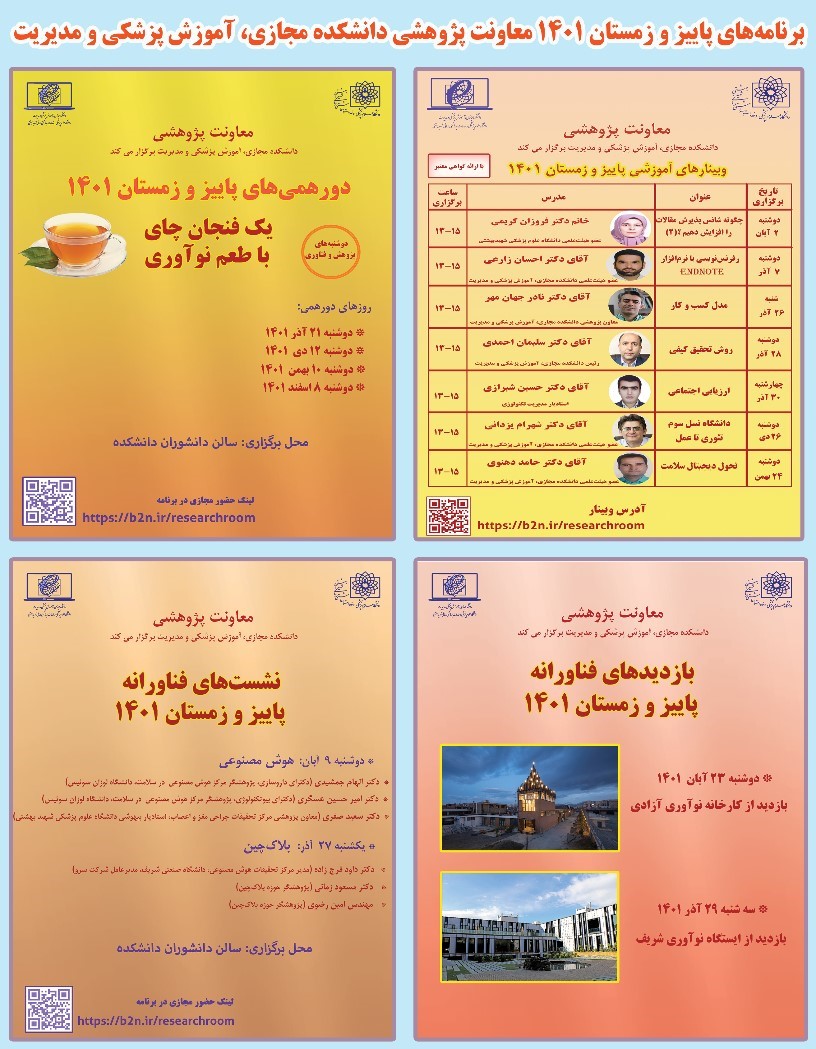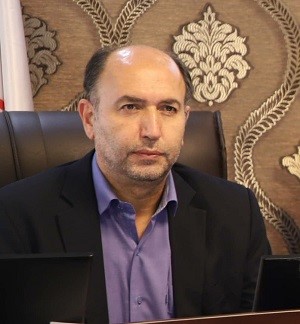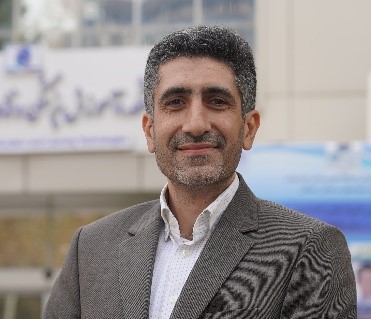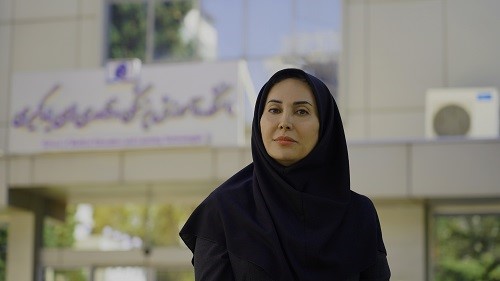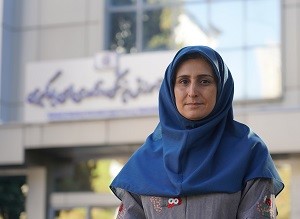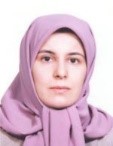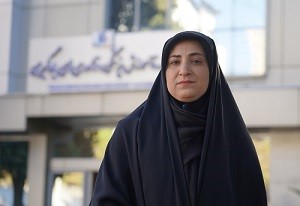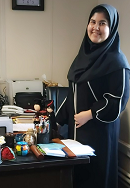Research and Technology Council
The Research and Technology Council in the School of Medical Education and Learning Technologies is the highest decision-making level regarding of research projects and grants and operates in the following fields of activity:
- Participation in the formulation of research and technology policies of the faculty based on SBMU's research policy
- Reviewing and monitoring the research and technology activities in the faculty
- Evaluation and approval of research and technological projects of faulty members
- Facilitation and improvement of knowledge translation activities
Members of the Research Council
|
Row |
Image |
Name |
Council position |
Field/degree |
Faculty position |
Academic Rank |
|
1 |
|
Dr. Soleiman Ahmady |
President |
PhD of Medical Education |
Dean of the school |
Professor |
|
2 |
|
Dr. Ehsan Toofaninejad |
Vice President |
PhD of Educational Technology |
Vice President of Research |
Associate Professor |
|
3 |
|
Dr. Zohreh khoshgoftar |
Member |
PhD of Medical Education |
Vice President of Education |
Assistant Professor |
|
4 |
|
Dr. Peigham Heiderpoor |
Member |
Community Medicine Doctorate/Clinical Specialist |
Director of Community Based Education of Health sciences Department |
Assistant Professor |
|
5 |
|
Dr. Forozan Karimi |
Member |
PhD of Immunology |
Faculty member of Shahid Beheshti University of Medical Sciences |
Associate Professor |
|
6 |
|
Dr. Zohreh Sadat Mirmoghtadai |
Member |
PhD of Medical Education |
Faculty member of E-learning in Medical Education Department |
Assistant Professor |
|
7 |
|
Dr. Lida Shams |
Member |
PhD of Health policy |
Director of Health Services Management department |
Assistant Professor |
|
8 |
|
Zahra Lashgari |
the expert |
management/Bachelor |
Research Projects Officer |
N/A |
|
|
||||||
Ethics committee
Due to the ever-increasing advances in medical sciences and the quantitative and qualitative improvement of medical sciences research, emphasis on compliance with religious, legal and ethical standards in research. Implementation of various research projects, including human research and data collection and storage, increase the concern of abuse and harming people and not complying with ethical standards in the design and implementation of projects and the illegal use of this information. In the Declarations of 1947 Nuremberg, 1975 Helsinki and 1978 Belmont, principles, rules and standards were established in this field and countries were advised to implement these ethical codes in biological science research to prevent possible abuses. At the 18th EM/ACHR meeting of the World Health Organization in 1995 (in Riyadh, Saudi Arabia), it was recommended that the national ethics committees in biological science research in all countries of the region approve and monitor the national code of ethics in medical science research. After the formation of the National committee, ethics committees were also formed at the level of universities and faculties of medical sciences. The Ethics Committee of Medical Sciences Faculties is an ethical committee that was formed with the aim of protecting the rights, health and well-being of research subjects, experimental animals, society ,the environment and researchers during biomedical research and related human sciences. The ethics committee evaluates profit and loss, respect and preservation of individual authority, fair treatment, confidentiality, scientific method from the perspective of the rights and well-being and health of the participants. The Ethics Committee of the School of Medical Education and Learning Technologies was established in December 2018 and independently reviews relevant ethical issues.
Address: https://ethics.research.ac.ir/IndexEn.php
Student Research, Technology and Entrepreneurship Committee
Mission and strategy
The main mission of the student research committee of this faculty is to promote research skills and create a suitable culture for the flourishing of the scientific growth of students and the training of future researchers and managers of the country. In this regard, empowering students in ethical research with theoretical and practical training and increasing scientific interaction with various activists in this field is the main strategy of this committee.
Objectives
- Empowering students in research, technology and entrepreneurship
- Holding entrepreneurial events such as Start up weekends and meetings with entrepreneurs
- Holding training courses related to creativity, entrepreneurship and business
- Planning to visit growth centers, knowledge-based companies, and science and technology parks
- Formation and leadership of technology and entrepreneurship student teams
- Workshops/Webinars
Research & Technology Deputy aims to increase the research competencies of faculty members and students and based on periodical needs assessments, presents various training programs in different formats of face-to-face workshops, webinars or training courses on research, technology,idea generation, entrepreneurship topics.
History of held workshops:
